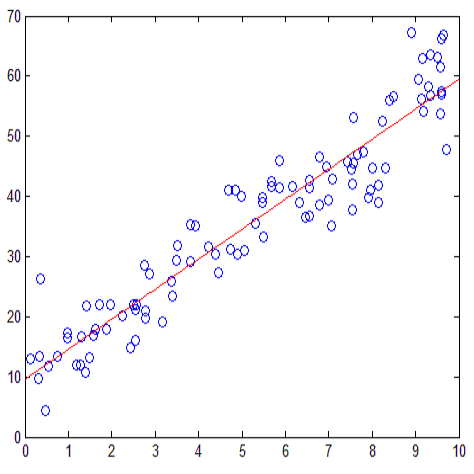We address the problem of federated learning (FL) where users are distributed and partitioned into clusters. This setup captures settings where different groups of users have their own objectives (learning tasks) but by aggregating their data with others in the same cluster (same learning task), they can leverage the strength in numbers in order to perform more efficient federated learning. For this new framework of clustered federated learning, we propose the Iterative Federated Clustering Algorithm (IFCA), which alternately estimates the cluster identities of the users and optimizes model parameters for the user clusters via gradient descent. We analyze the convergence rate of this algorithm first in a linear model with squared loss and then for generic strongly convex and smooth loss functions. We show that in both settings, with good initialization, IFCA is guaranteed to converge, and discuss the optimality of the statistical error rate. In particular, for the linear model with two clusters, we can guarantee that our algorithm converges as long as the initialization is slightly better than random. When the clustering structure is ambiguous, we propose to train the models by combining IFCA with the weight sharing technique in multi-task learning. In the experiments, we show that our algorithm can succeed even if we relax the requirements on initialization with random initialization and multiple restarts. We also present experimental results showing that our algorithm is efficient in non-convex problems such as neural networks. We demonstrate the benefits of IFCA over the baselines on several clustered FL benchmarks.
翻译:我们处理联合学习(FL)问题,即用户分布和分成成群群的用户。这种设置捕获了不同用户群体有自己目标(学习任务)但通过将数据与同一组群中的其他人(相同学习任务)合并在一起,他们可以利用数量上的强度来进行更有效的联合学习。对于这个分组化学习的新框架,我们建议采用混合联邦分类教学(IFCA),这种框架可以轮流估计用户群的群落特性,并通过梯度下降优化用户群的模型参数。我们首先在线性模型中分析这一算法的趋同率,先以正方损失模式分析其数据的趋同率,然后将其数据与同一组群群群(相同学习任务)中的其他人合并。我们保证,在这两个环境中,通过良好的初始初始化,IFCA将集中算法的趋同最初的重力测试结合起来。我们建议将IFCA的趋同模型结合起来,如果我们在最初的FDRA模型上展示了我们最初的重力测试,我们也可以在开始的实验中,我们也可以在开始的模型上展示我们的FDRA标准。




